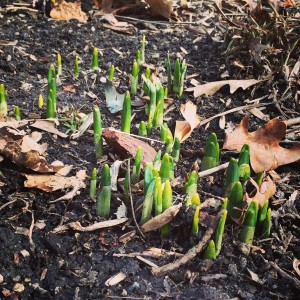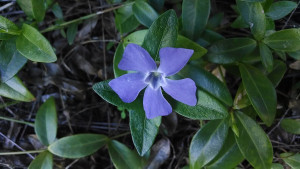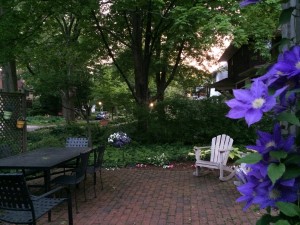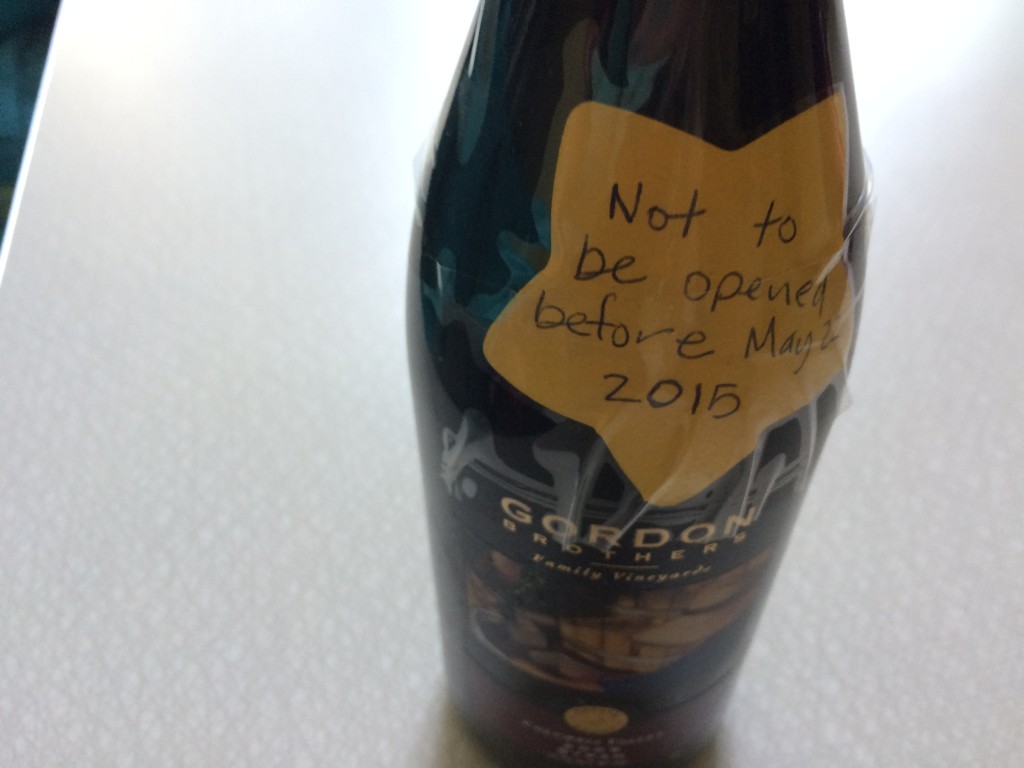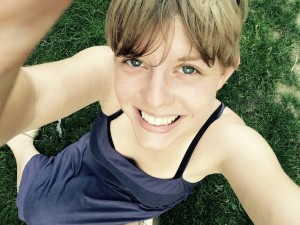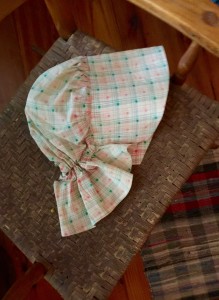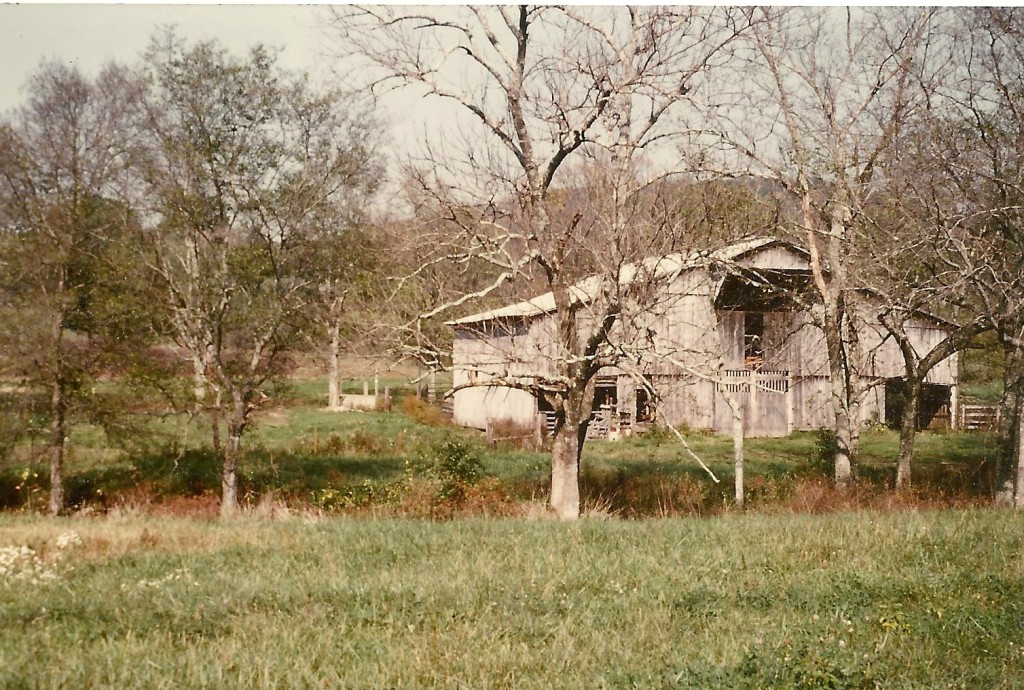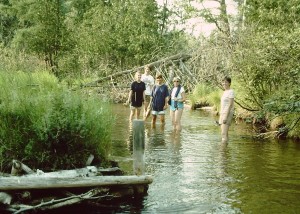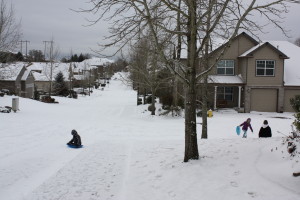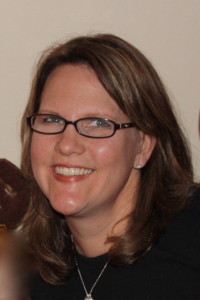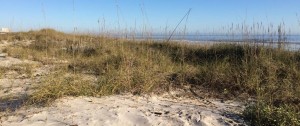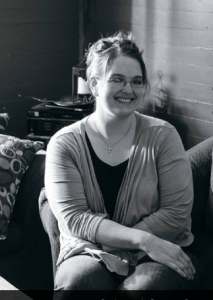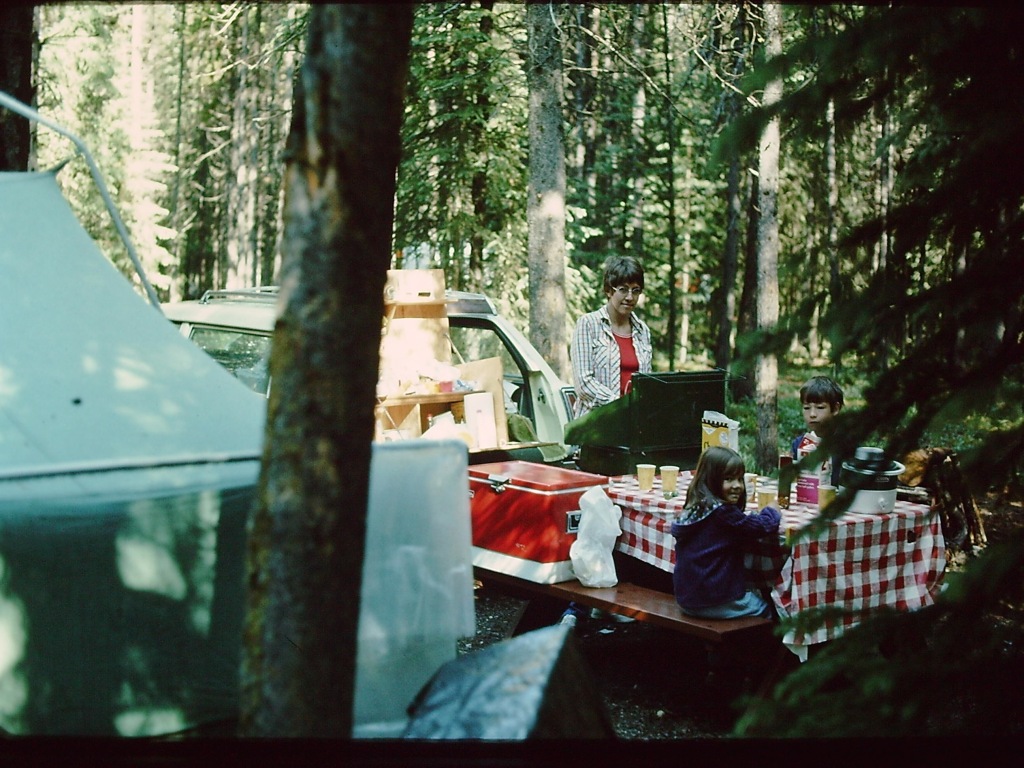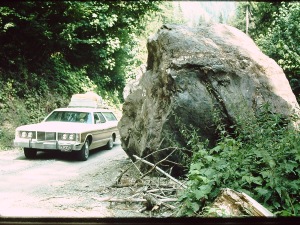Tears streamed down my face as I huddled in my corner of the backseat of our wood-paneled station wagon. I was crying as quietly as I could, not wanting to attract concerned attention from my parents, or ridicule from my two younger brothers. As the car sped north and west—across the causeway to the mainland, away from the Atlantic Ocean and toward my western Pennsylvania home—I was convinced that my 12-year-old heart would break.
The Best Week of the Year had come to an end.
***
I was nine years old the first time my family vacationed on the Outer Banks of North Carolina. That first year, it was me, my parents, my two younger brothers, and the family of a man my dad worked with. Three years later, my dad’s three brothers and their families had joined us on what would become an annual pilgrimage and a de facto family reunion.
Every year, we journeyed to Kill Devil Hills, to The Cavalier by the Sea motel at milepost 8.5 of Beach Road. It was a week I looked forward to all year, when I would reconnect with cousins who were so cool, they probably would never notice me in the school hallways if (a) we lived near each other and (b) were not related.
***
A typical day in my life during the Best Week of the Year went something like this:
The aromas of brewing coffee and frying bacon would greet me when I awoke, mixing with the scents of saltwater and Coppertone suntan lotion.
I would emerge from my bedroom, hair hastily combed, swimsuit on, to find Mom and Dad sitting in bamboo chairs at the Formica table of the main room, finishing breakfast and watching morning TV. My bare feet would shuffle across the grainy, sandy texture of air-conditioned linoleum. After slurping up a bowl of cereal, I would be out the door, a brightly colored beach towel slung around my neck.
A quick stop at the pool in the courtyard to see who was already swimming, and I’d continue on, under the archway and onto the beach. Stumbling across the already hot sand toward the crashing waves of the Atlantic, I would drop my towel next to the cluster of beach umbrellas where my tribe had already set up camp for the week.
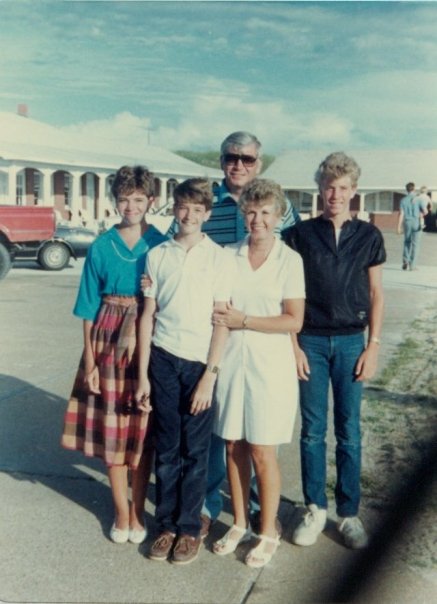 Uncle Mike and Aunt Mary would be sipping their morning coffee. Uncle Paul and Aunt Barb would be slathering suntan lotion on my littlest cousins. Cousins closer to my age would be stretched out on towels—exposed skin glistening with baby oil, as was the naive custom of the 1970s—or jumping the waves.
Uncle Mike and Aunt Mary would be sipping their morning coffee. Uncle Paul and Aunt Barb would be slathering suntan lotion on my littlest cousins. Cousins closer to my age would be stretched out on towels—exposed skin glistening with baby oil, as was the naive custom of the 1970s—or jumping the waves.
After lunch, my cousin Mike would start his latest sand sculpture masterpiece, and my brothers would help our younger cousins fill plastic buckets with plastic shovels-full of sand, building castles and digging moats.
As shadows grew longer, we would wander back to our rooms to shower and change clothes before dinner—hot dogs and watermelon by the pool, or fresh seafood at a nearby restaurant, or spaghetti and meatballs prepared in one of the kitchens.
Later, we would return to the pool, or pile into cars for a trip to ride go-carts or bowl or see a movie. We would play cards until bedtime.
Then the aromas coffee and bacon and Coppertone would signal the beginning of the next day.
***
Around the time I graduated from high school, our family stopped going down every year—but the uncles and aunts and cousins did not.
While I loved these beach vacations, and so did most of my family, my mother was never a fan of the sand, and she wasn’t a swimmer. She didn’t like the beach, but she knew what this week meant to the rest of us.
The last time my whole family made that trip together was in the mid-’90s. My brothers and I were now young adults. It was a hotter-than-usual summer, and biting sand flies and stinging sea lice and the lack of a discernible ocean breeze served as the proverbial heavy last straw. Mom made it clear that we were welcome to go back again—but she was done with beach vacations.
***
In July 2007, it had been more than a decade since I had spent that summer week with my cousins. As we approached the first anniversary of losing Mom to cancer, my family returned.
Everything felt so much the same. And completely different.
The swimming pool and the beach were mostly unchanged, as were the Cavalier’s cottages—even with cosmetic upgrades of indoor-outdoor carpeting and fancy new pleather furniture. Traffic on the Beach Road was heavier, and there were more restaurants and hotels and houses between the causeway and milepost 8.5. Cousins I had played with as children were now husbands and wives and parents, and their children looked forward to this week as eagerly as we had at their age. Our tribe still set up camp under the rented umbrellas near the ocean, and we now spanned three generations and seven decades.
But even as we made new memories, introducing my new sister-in-law to the Atlantic Ocean and teaching my 12-year-old niece to play euchre, I missed my mom. I was aware that memories had been made in my absence that would never be mine. I was 40 years old and way past the age of wanting to live in my bathing suit.
At the end of the week, driving my own car across the causeway, away from the Outer Banks and toward western Pennsylvania, I let the tears flow.
This was still The Best Week of the Year for my cousins. It just wasn’t mine anymore.
***

